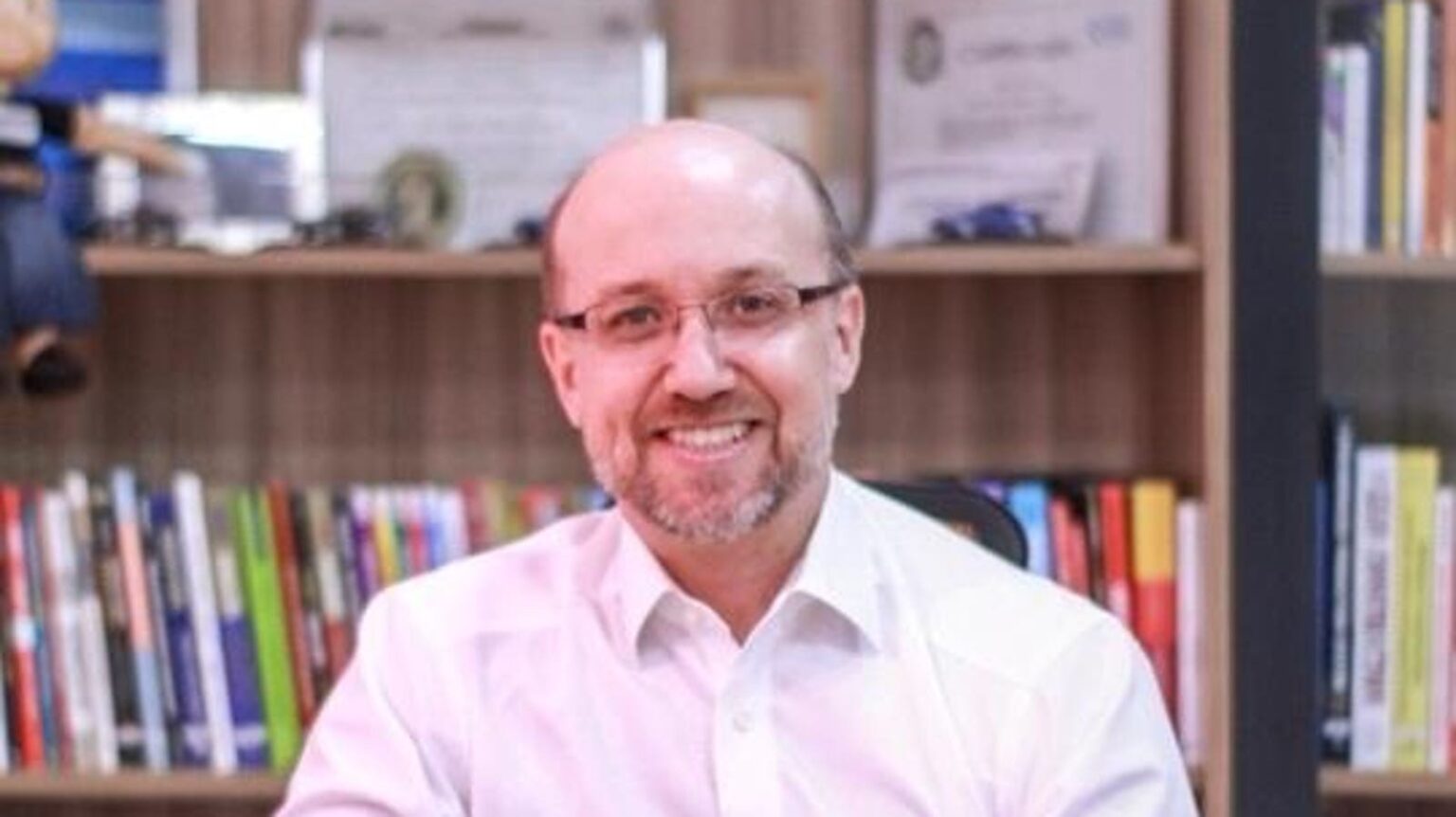While advising a self-employed client who had burned out on corporate life, consultant Jevandro Barros came to a powerful realization: “The methods used at big companies didn’t work for small business,” he says.
He was determined to offer alternatives that clients like this could truly use. Barros, who has run the consultancy iOpEx Brasil since 2011 in Sao Paulo — a hotbed of one-person businesses — developed a methodology to help these microbusinesses thrive through education in the practical areas of small business ownership. He tapped what he had learned as a consultant on lean business for companies such as Mercedes-Benz and as a project manager for Porsche Consulting. Along the way, he created 10 courses and e-books to bring entrepreneurship education to his students.
Barros is now launching Projeto Apollo, a community for solo entrepreneurs looking to grow sustainable businesses. Projeto Apollo is designed to provide both mentorship and lessons on critical areas of business such as strategic planning and cash flow. He is also providing education through a popular podcast, where I spoke with him recently about the trends sweeping the one-person business movement in Brazil.
Brazil has one of the most active populations of microbusinesses in the world. It had 13.2 million microentrepreneurs — a classification open to those with no payroll or a maximum of one employee — in 2021, according to the country’s Register of Individual Microentrepreneurs. Sao Paulo, where Barros is based, has the highest population of these tiny businesses in the country, with 3.6 million microenterprises. About half of Brazil’s microentrepreneurs are in the service sector, with hair stylists and beauty entrepreneurs the largest group, following by those working in publicity.
Meanwhile, Brazil has the highest percentage of early-stage startup activity and established business activity in the world, according to the Global Entrepreneurship Monitor (GEM), produced by Babson College and a consortium of other institutions around the world. About half of that activity is made up of one-person businesses.
However, one challenge Brazil’s small businesses face is sustainability. These businesses have one of the highest exit rates in the world, according to the GEM report. Generally, the exiting entrepreneurs characterize the reasons for their exits as “negative” — meaning the business did not work out, as opposed to “positive” ones such as selling the business, getting a new job, or retirement.
With many of Brazil’s one-person startups launched by owners without access to entrepreneurship education, Barros has found that breaking down the process of starting and growing a business into major sequences can help helpful to the learning process. For instance, he might start out working with new founders for six months on preparing for a launch before diving into other aspects of the business experience.
“It’s very difficult to find specific knowledge,” Barros says. “Our goal is to give them all they need to run a company and have success.”
As he sees it, the moment has arrived where the one-person business can make its mark on Brazil’s economy. “It’s come — and more quickly than we thought,” he says.
Read the full article here


